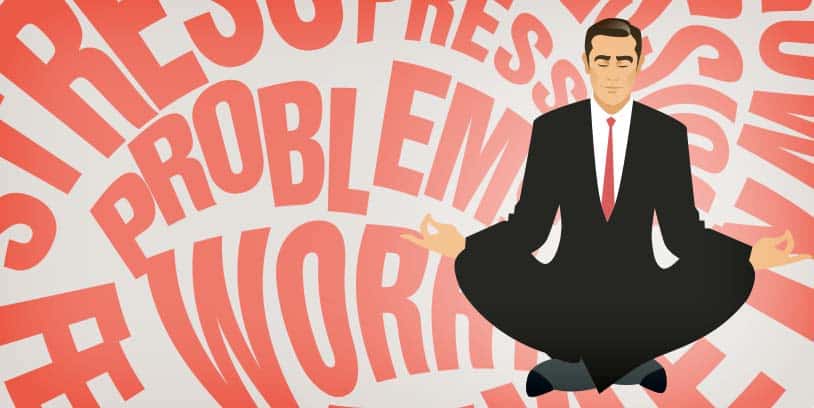In today’s world, with COVID-19 and spending much of our days hyper-connected, we often believe that to be successful requires being available all the time and solving work problems. We still don’t want to understand that keeping up with the workload and problems over a long period, without proper time for rest, leads to burnout, stress, anxiety, and, in some cases, even death.
According to the American Psychological Association (APA), stress significantly affects people, contributing to the emergence of health problems, poor or problematic relationships, and loss of work productivity. Likewise, UN data indicate that eight out of ten people worldwide are stressed, and before the pandemic, between 60% and 70%.
With short-term stress, you can feel anxiety, distraction, worry, and pressure. When stress increases or is long-term and repeated, it can have other physical or emotional effects such as excessive fatigue, depression, chest pain or anxiety, rapid heart palpitations, cognitive and social problems.
Related Article: Good Business Management Skills Is The Path of Success
That is why I set out to investigate not so much the causes of stress but how to avoid it to live the life we want. The stressors of everyday life can accumulate if we do not keep them under control, and here I explain how to manage them.
- Exercise: can regulate and help reduce stress and anxiety by releasing endorphins and improving your sleep and self-image. Do deep breathing exercises; this helps oxygenate your body, as being present in the here and now will help you stay relaxed.
- Supplement your diet: Certain supplements can reduce stress and anxiety, including ashwagandha, omega-3 fatty acids, lemon juice, and green tea. Consult your doctor before taking vitamin supplements.
- Quality time with family and friends: Social support from friends and family can help you get through the most stressful times. Maintaining social ties can help you cope with stressful times and reduce your risk of anxiety.
- Smile: find the fun in everyday life, spend time with friends or watch a movie to help relieve stress.
- Learn to say NO: saying NO is a way to control stressors. You don’t have control over everything that stresses you, but you do manage the commitments you make without checking your schedule or prior agreement. Say no more often when you are under stress or anxiety.
- Procrastinate: Procrastination is a call to stress. Create the habit of preparing your day and having your priorities clear. Be realistic.
- Plan your time: it sounds stressful, but it is essential. Getting enough sleep is part of your planning. Be clear about what you want to achieve and what your plan and action are.
- Physical affection: positive physical contact can help release oxytocin and reduce cortisol levels. Sharing with your partner, being intimate, kissing, caressing has been shown to release oxytocin and lower blood pressure.
If you feel you cannot handle stress on your own, you may want to talk to your healthcare provider or see a therapist, coach, or counselor who can help you find other ways to cope with stress. You may also want to consider support groups in your community. You are not alone, and if you need help, ask for it.
Prevent stress from making you sick by practicing the recommendations I share with you on this occasion. For a successful end of the year and a prosperous 2022, let’s practice adaptability.


